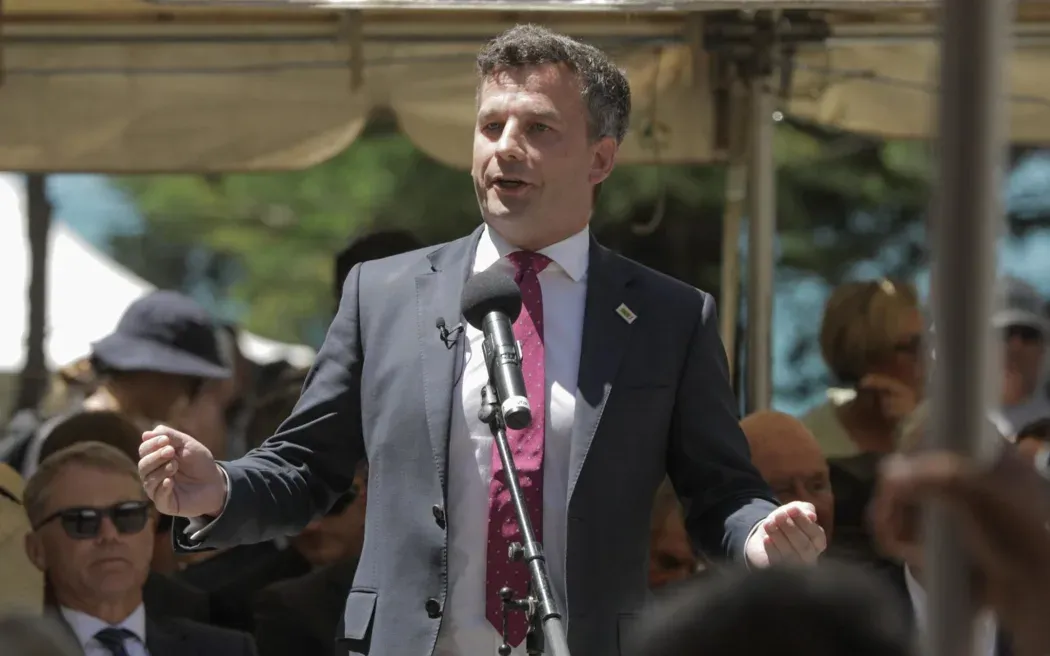The recent hīkoi (protest march) against the Treaty Principles Bill has sparked a significant debate in New Zealand politics. This article aims to delve into the details of this controversial bill and the protest that followed, while also examining the responses from key political figures and the potential impact on public safety and everyday life.
Background: The Treaty Principles Bill
The Treaty Principles Bill, introduced by ACT Party leader David Seymour, has been met with strong opposition from various Māori groups and other sectors of New Zealand society. The bill aims to clarify the roles and responsibilities of the government and iwi (Māori tribes) under Te Tiriti o Waitangi (The Treaty of Waitangi), but critics argue it could further marginalize Māori communities and undermine their rights.
The Hīkoi: A Peaceful Protest
Organized by various iwi groups, the hīkoi started in the North Island and is planned to conclude at Parliament Buildings in Wellington. The protest aims to demonstrate opposition to the Treaty Principles Bill and seek a more collaborative approach between the government and Māori communities.
Key Political Responses
– David Seymour: In response to the hīkoi, ACT Party leader David Seymour emphasized the importance of equal rights and a Treaty that brings people together rather than divides them. He criticized the government’s policies over the past five years for creating division in various areas of government policy.
– Christopher Luxon: Prime Minister Christopher Luxon reassured New Zealanders that everyone has the right to peaceful protest and urged safety for participants during the hīkoi. He also stated that National would vote against the bill at second reading.
Public Safety and Everyday Life
Police have warned of potential disruptions on roads and highways as the hīkoi passes through various regions. Officers will keep Waka Kotahi, the New Zealand Transport Agency, and local councils updated about the situation, and drivers should plan accordingly. A police Major Operations Centre has been set up to oversee the response in each area, ensuring public safety and minimal disruption to daily routines.
In conclusion, the hīkoi against the Treaty Principles Bill has stirred intense debate in New Zealand politics and society. As the protest progresses across the country, key figures have weighed in on the issue, and concerns about public safety and everyday life have arisen. The ultimate outcome of this complex situation will likely shape the future of race relations and governance in Aotearoa New Zealand.

0 Comments